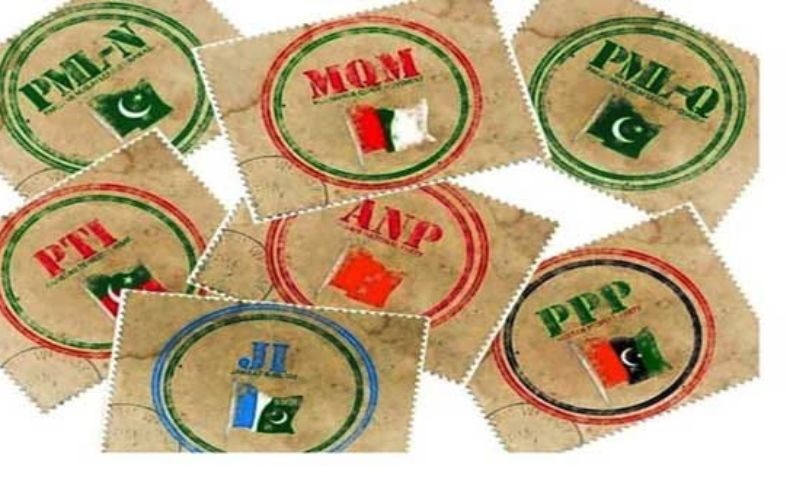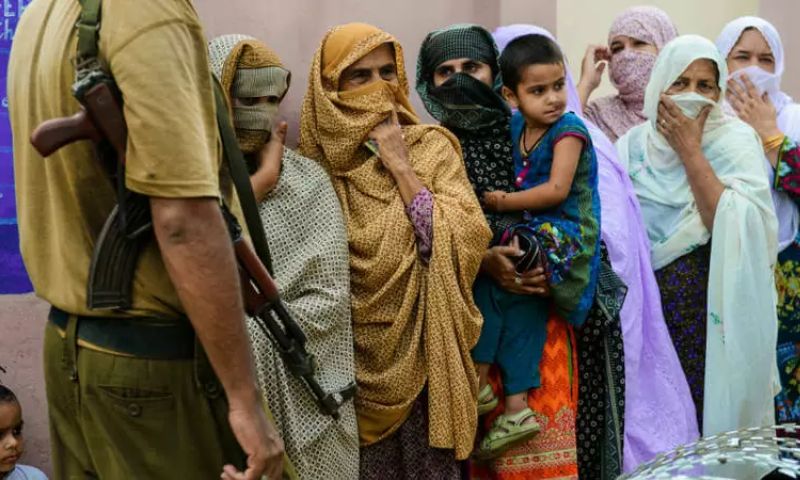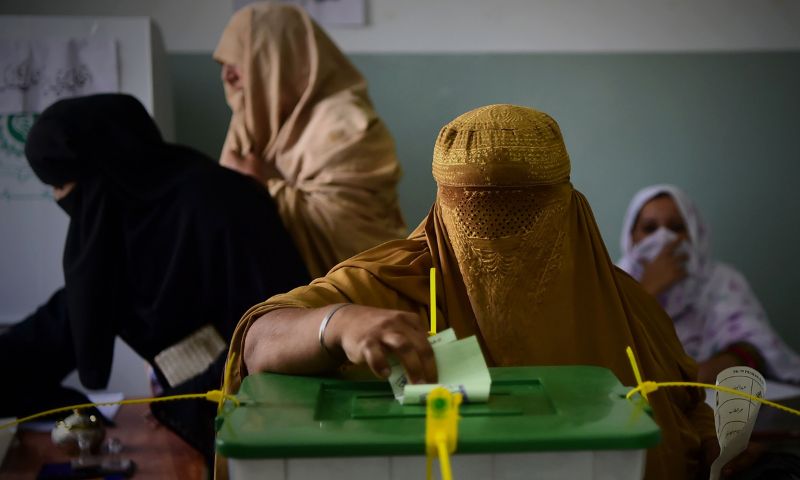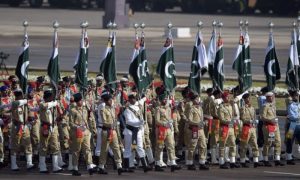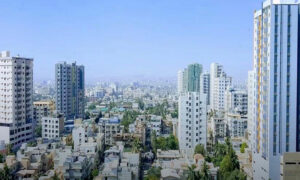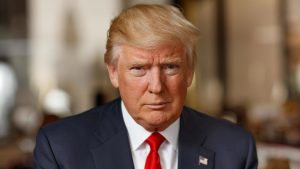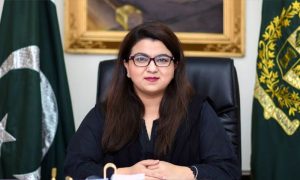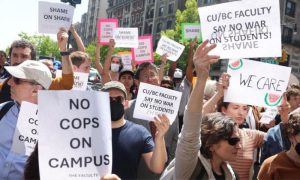As the country is heading towards elections scheduled on 8th February, frequent unauthentic gossips continue to stir controversies and chaos revolving around conspiracy theories. Delay in elections, on one or another pretext, is at top of the list of misplaced and ill-timed speculations. Apparently, speculations about the postponement of elections lack solid authentication but routine political conversations on media platforms are the actual reason behind regular fanning of this bitter impression. Recent statement of JUI chief Maulana Fazlur Rehman about postponement of election on the plea of deteriorating security situation has triggered mixed response. Saner minds do not agree with the proposal of pending the elections amid surging terrorism. In the past, elections were held without any failure despite more severe security challenges. After the unfortunate assassination of PPP chairperson Benazir Bhutto, strong proposals came up for postponement of the elections but the state remained steadfast to fulfill the constitutional responsibility. Resultantly under highly volatile environment, the Election Commission of Pakistan (ECP) with support of state institutions and political parties, managed to conduct the elections in satisfactory manner.
As far as recent surge in terrorism is concerned, it is primarily foreign sponsored design focused at deeper destabilization of Pakistan. Security institutions led by armed forces are leaving no stone unturned in nailing the forces inimical to the peace and prosperity of Pakistan. Successes obtained in nerve breaking war on terror with the precious lives must be reinforced with the unity, economic growth and financial robustness.
It is the lesson from our history that without restoring the normal constitutional order and internal stability, no party can rule the country smoothly for a full term of five years. Unfortunately, political discussions have yet to focus properly on the successful governance in post-election scenario. Major parties are seen exerting more on political machination without paying due attention on the sensitive issues pinching the masses and endangering the national security. This immature approach of political stakeholders is very damaging for the whole electoral exercise. It will not be an overstatement that perpetuating instability, if not tackled methodically, might push Pakistan more into chaotic abyss.
Root Causes of Instability
Disorder consequent to fluctuating political environment is at the heart of current despicable state of affairs. Dramatic ouster of PTI government without accomplishing five years’ term was not a unique episode. Back in decade of 90s, elected governments had to face such undesired ousters repeatedly. PTI tried to compensate its defeat in VONC with the dissolution of national assembly. Failure of this confrontational plan compelled PTI to more unwise dissolution of two provincial assemblies. Subsequent flop long marches, rhetorical social media campaigns, bleak default predictions and misleading populist conspiracy theories badly pushed Pakistan down the stability ladder. This all was done in addition to the damages caused to the country in economic, diplomatic and security domains with unprepared lot of ministers. Irony is that winner of VONC, the PDM and its allies, proved more incompetent and disorganized in tackling the poly crisis orchestrated by the PTI. Leaving aside past five years’ bitter experiences, as a whole, shortcomings in following areas have played key role in spoiling the internal stability-:
One: lackluster approach towards formulation of realistic manifestos with least focus on issues of public interest.
Two: Culture of entering in elections haphazardly without preparation and advance planning for major issues being confronted by the country.
Three: Undemocratic outlook resembling with monocratic functioning especially the deep rooted dynastic grip in major parties is detrimental to progressive democratic culture. Likewise, unnecessary projection of personal charisma of party leaders hinders democratic progression among the followers.
Four: Non-serious approach in policy affairs and reluctance from reforms especially in the economic domain has been a permanent handicap.
Five: Violation of merit rules in party ranks, undue promotion to seasonal political birds and award of tickets to tainted electable candidates.
Six: Persistent financial corruption, horse trading, bad governance, hollow promises lacking actions, populist polarizing narratives, questionable legislation undermining the parliament and negligent approach on security related issues.
Seven: Non-acceptance of electoral defeat with baseless rigging mantra and dragging of state institutions in political controversies.
Public Expectations from Elected Government
Public perception about political parties is not quite positive due to obvious reasons briefly pointed out in above lines. However, masses still desire improvement from next elected government in undermentioned areas-:
First: Economic relief through reduction in inflation, enhanced employment opportunities, financial stability and restoration of currency value.
Second: Improved governance, better education, health, justice, and communication infrastructure.
Third: Restoration of writ of the state with eradication of terrorism, militancy, ethnic fissures, sectarian violence and subversive tendencies
Four: Realistic fulfilment of electoral promises and respective party manifestoes.
Five: Acceptance of election results, respect for winning party’s mandate, non-violent democratic protests and restoration of parliament’s supremacy.
Six: Consensus based policy formulation in diplomatic, economic, security, health, education and governance domains.
Seven: Implementation of merit-based order in respective parties with zero tolerance for corruption, hereditary practices, monopoly of electable seasonal birds, power hungry opportunists and exploitative politics.
(Writer is a freelance and can be reached at [email protected])













